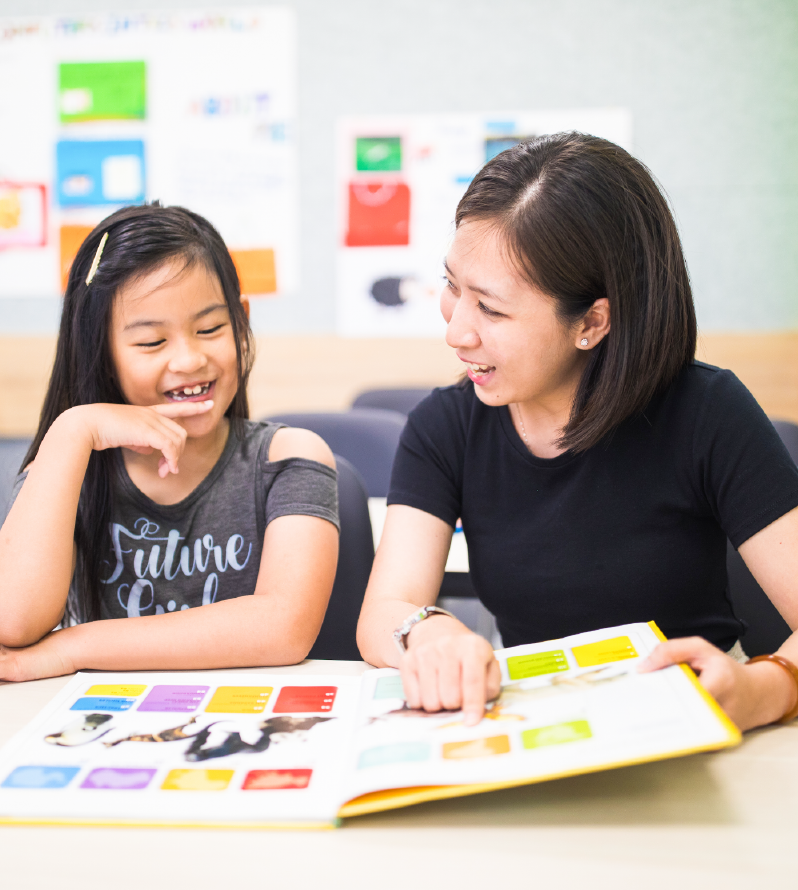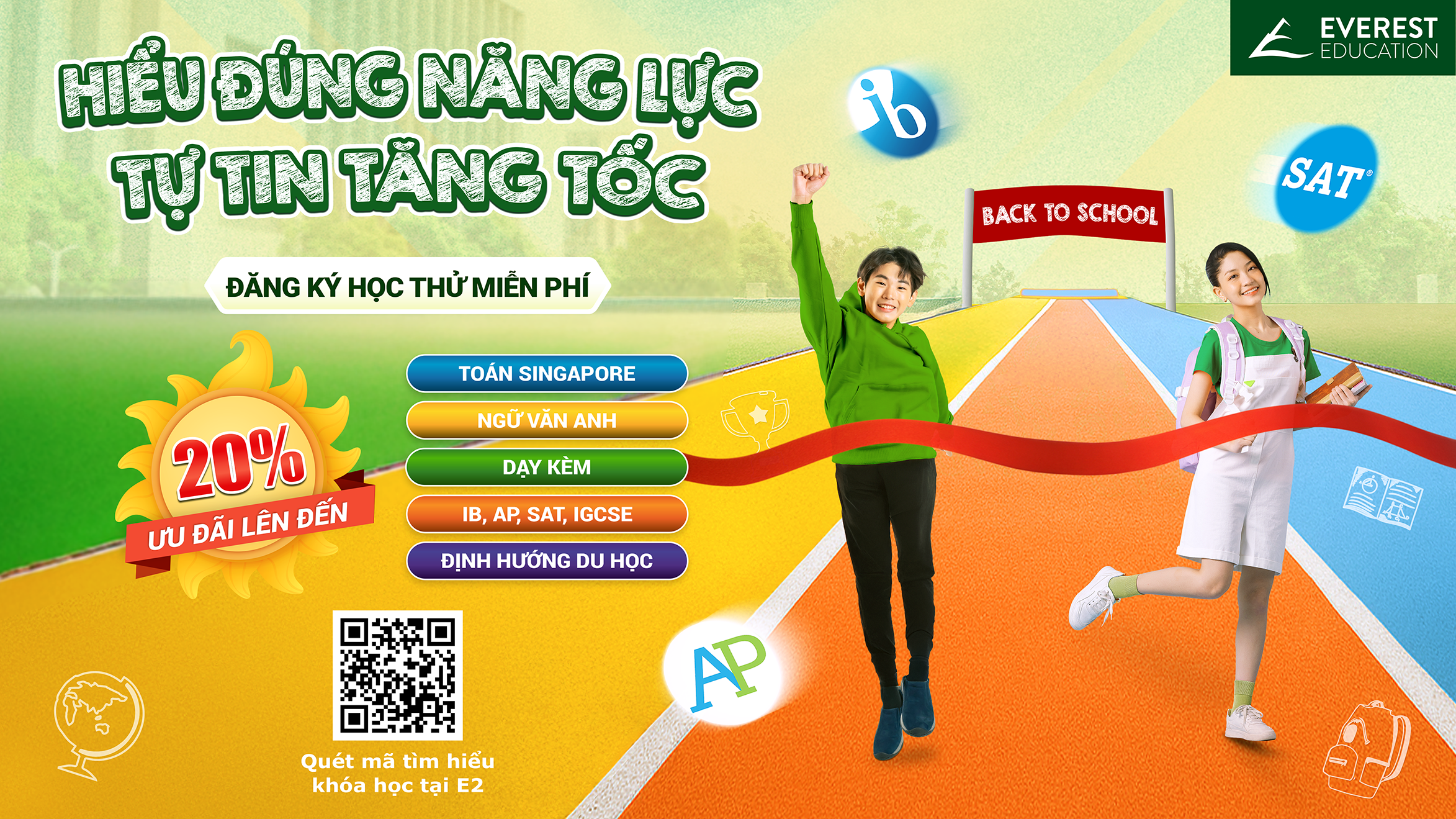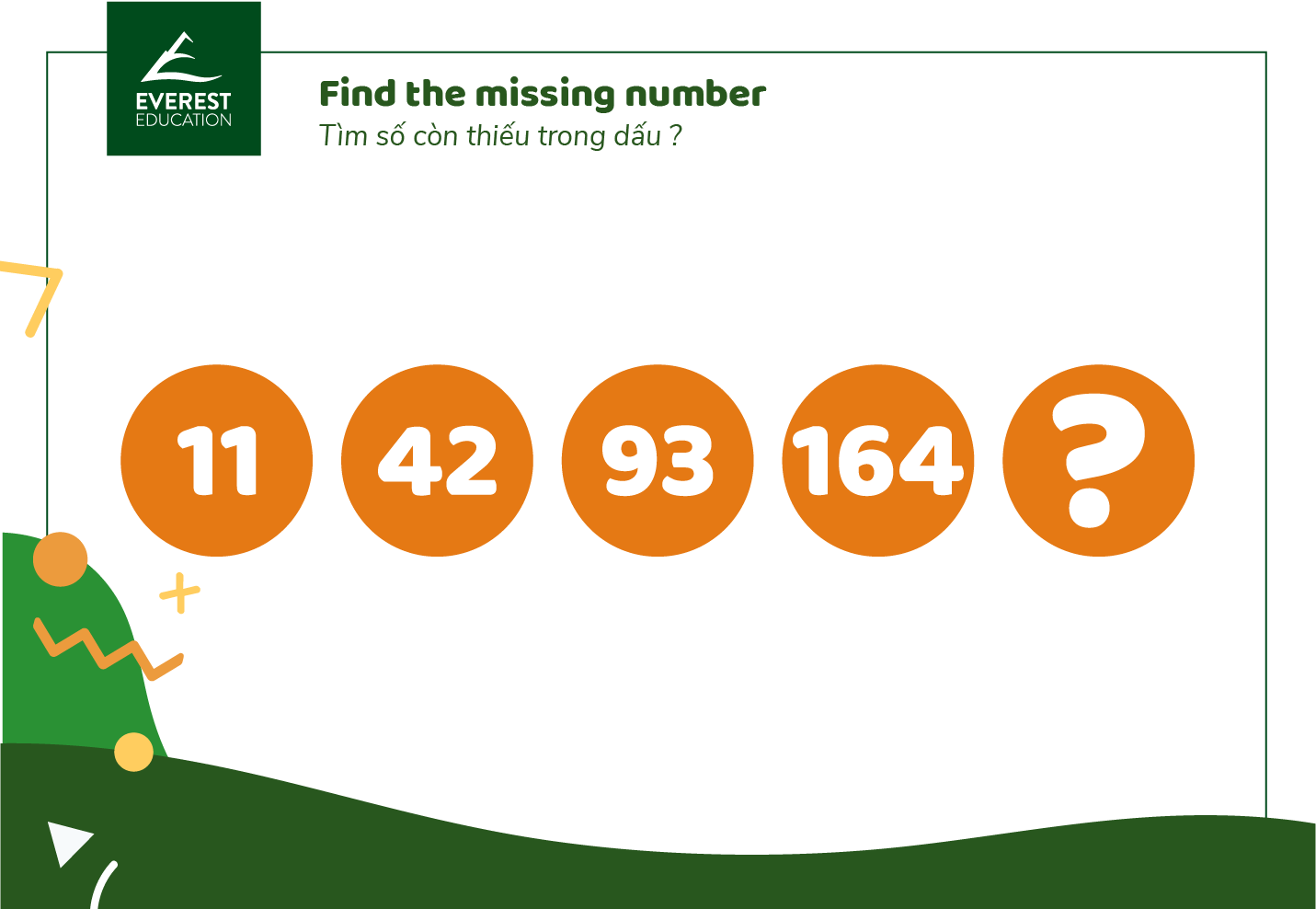In an attempt to slow the spread of Coronavirus, many schools and educational organizations across the world have been shifting into virtual classrooms. In the time of virus crisis, learning has turned out to be more online driven. In lieu of letting children attend class in person, many parents are seeking out online resources, websites and apps to keep their kids’ minds engaged at home. More schools and companies are investing in providing distance learning opportunities.
Since online classrooms seem to be the only solution now to keep your child learning while minimizing contagion, you are maybe considering seeking a suitable online course for your child. However, with many marketing tactics at play and unaccredited programs on the market, it’s important for parents to do your research and gain a strong understanding of the specific program you’re signing up for your kids. In this article, we provide you with some helpful factors that you should take into consideration when choosing an online course for your kids.
Good Online Course Options & Offerings
The best online courses mirror the quality of the in-person classroom experience. They do so by utilizing technologies to create accessible and engaging environments. Engaging students in online learning is key, especially when face-to-face interactions, both between students and teachers, and among students and their peers, do not occur.
Some initial best practices being implemented include interactive measures to encourage online student engagement, effective use of technology to make for easily accessible and well-produced materials, opportunities for mentoring, peer collaboration and more.
Here are some questions to explore when selecting a good online course for your kids:




 It’s helpful to consider factors such as class size and completion rate. The more students a teacher is responsible for, the harder it is to teach. This statistic can help you gauge how strong a course is and how much time the teacher is able to allocate toward students to ensure their success.
It’s helpful to consider factors such as class size and completion rate. The more students a teacher is responsible for, the harder it is to teach. This statistic can help you gauge how strong a course is and how much time the teacher is able to allocate toward students to ensure their success.















